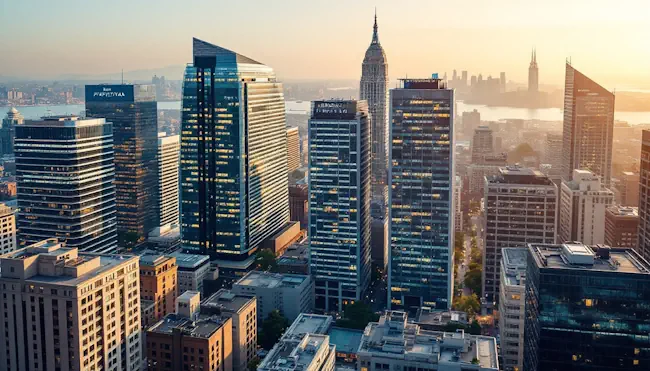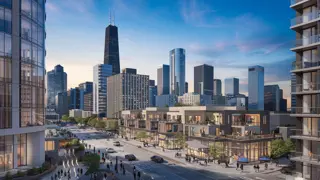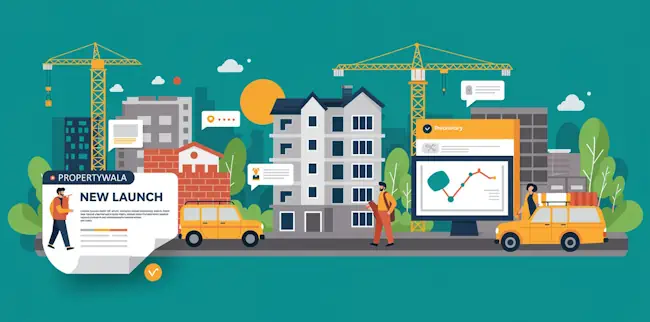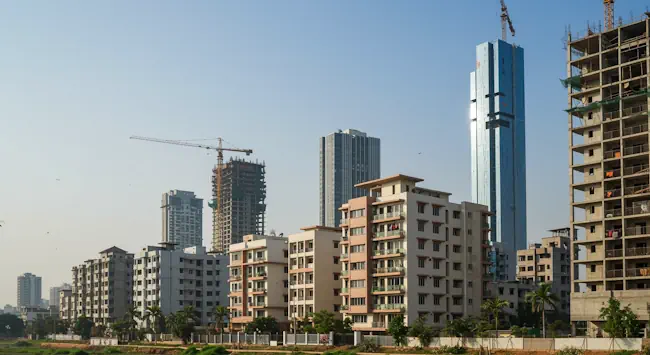
Mumbai's real estate market experiences a typical monsoon slump, but post-COVID-19, pent-up demand and waterlogging have significantly influenced pricing and transaction volumes.

In Mumbai, short-term property rentals (2-6 months) are possible but often come with higher costs due to limited availability and landlord premiums.

Red Fox IT Infra LLP, a Redbrick Offices subsidiary, acquired over 87,000 sq ft of office space in Mumbai's Times Square for ₹267.5 crore across two deals, paying ₹8.02 crore in stamp duty.

Mumbai's property registrations rose by 11% in June 2024, with a significant increase in stamp duty collections, showcasing the market's resilience and growing buyer confidence.

Mumbai's rental market growth, driven by redevelopment projects, is cooling down in 2024. Increased supply of redeveloped homes is stabilizing rents after a surge between 2021 and 2023.

Developers from Bengaluru and Mumbai increase footprint in each other's cities, driven by growth, sales velocity, and better margins, with some finding lower land prices in Bengaluru attractive.

Delta Corp is launching a real estate development platform in MMR with an investment of Rs 765 crore, focusing on residential redevelopment and plotted development.

Mumbai saw 11,504 property registrations in April 2024, generating over INR 1,043 crore in revenue. Real estate developers are optimistic about growth, citing increased demand and infrastructure projects.

Mumbai's real estate is transforming with the rise of micro-markets like Dombivali and Thane. These areas offer unique opportunities, catering to specific demographics and lifestyle needs, driven by improved connectivity and infrastructure.

The real estate industry in Mumbai is grappling with increasing cases of fraud and deception by developers, leading to significant financial losses for homebuyers and legal action.

Mumbai developers like Oberoi Realty, Godrej Properties, and Hiranandani Group are acquiring land in Ayodhya, driving property price increases by 179% post-temple opening.